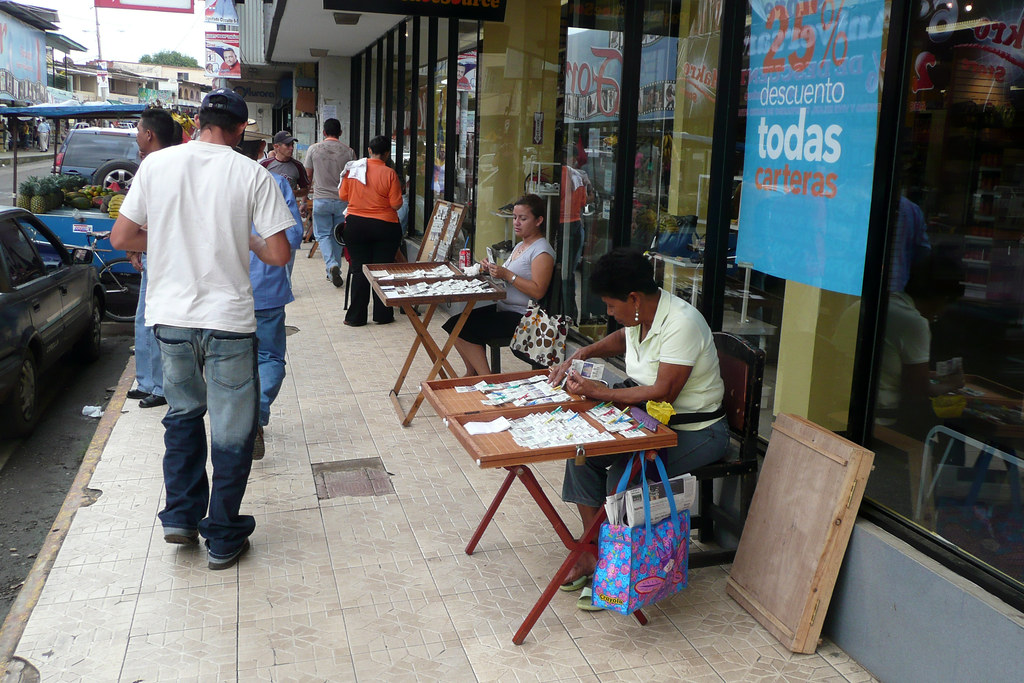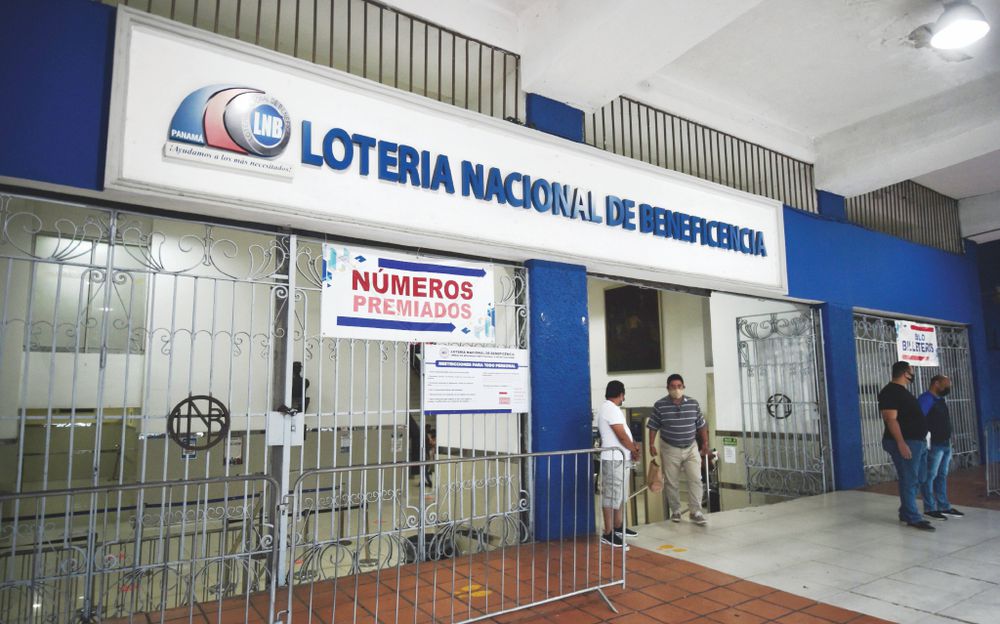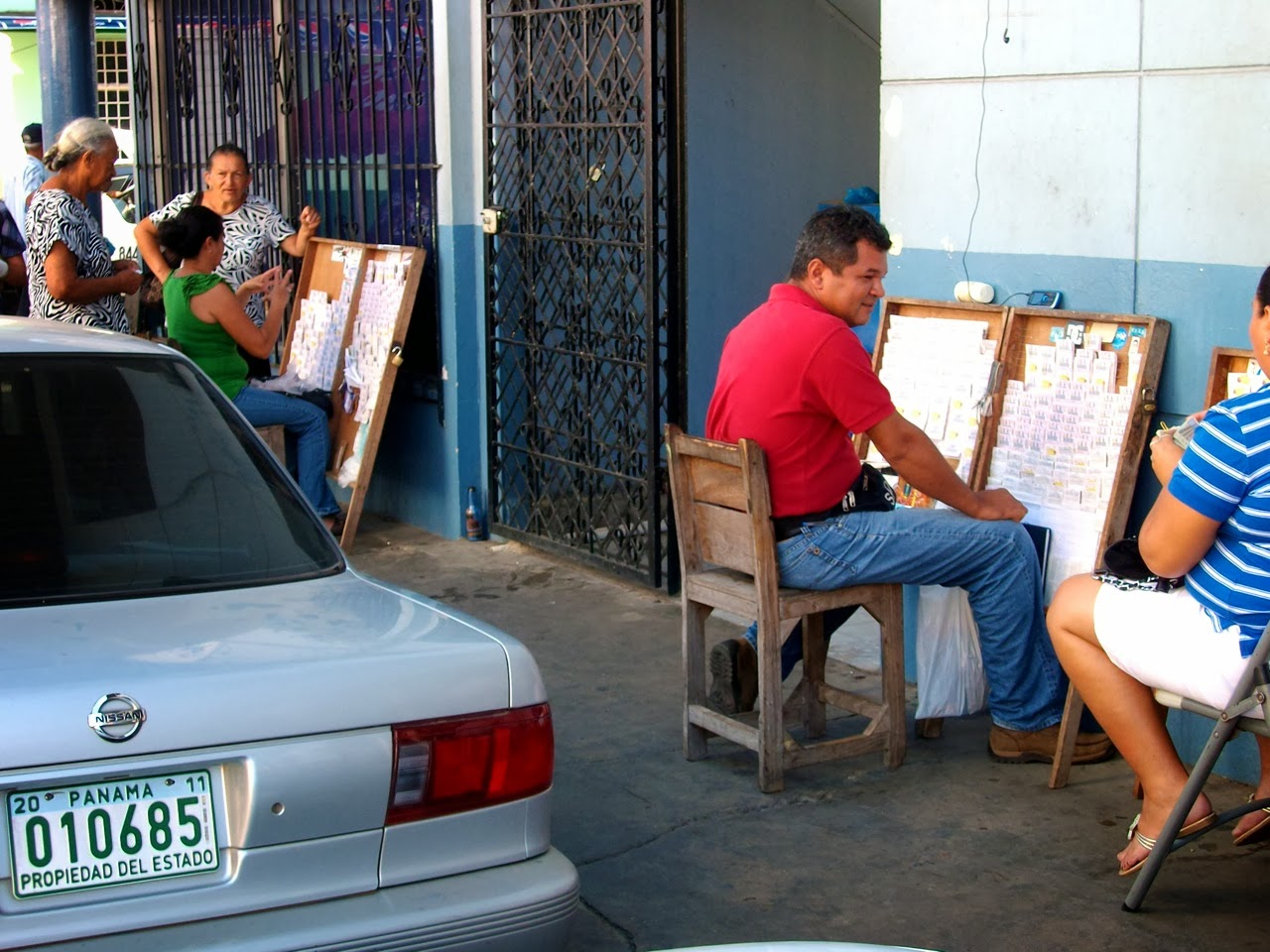Lottery Ticket Sellers Demand a Law against Illegal Sales
Industry spokespersons denounce multi-million-dollar losses, unfair competition, and a lack of government action in the face of the rise of illegal peddling in Panama.

Panama City: Ticket sellers are on alert over the growing boom in illegal lottery operations. Their spokespersons, Alfredo Sosa and José Ruiz, are demanding that the government urgently pass a law to rigorously punish this illegal activity, which has already generated millions in losses for the National Lottery and puts thousands of jobs at risk. According to data presented by ticket sellers’ spokespersons on Noticias AM , annual sales of traditional lottery tickets have fallen from $800 million to $560 million in recent years, a reduction of more than $240 million directly attributed to the operation of illegal raffles in Asian businesses and other parts of the country. “We are victims of a crime right under our noses, and the government has done nothing about it,” said Sosa, who has been in the business for more than 25 years.

Unfair competition comes not only from foreign lotteries, but also from illegal lotteries that operate with complete impunity, offering telephone purchase services, immediate delivery, full cash payment, and access to any number, even on special dates like birthdays. Both spokespersons emphasized that, unlike the legal lottery, the illegal market not only evades regulations but could also be linked to money laundering. “They use commercial fronts, bank accounts, and uncontrolled transfers. Meanwhile, they limit prize payments to just $2,000 in cash and the rest by check. The underground market pays everything at once,” Sosa denounced. The situation is worsening with the bill presented by citizen participation, which sought to toughen penalties for illegal lottery sales, but which was shelved due to “poor advice” given to the deputies, according to the representatives.

“They were told that legislation already existed against this. That’s false. Today there are only administrative sanctions, not criminal ones,” Ruiz clarified. In addition to the economic impact, both highlighted the social role of the billfold vendors: nearly 14,000 people depend directly on this activity, not counting resellers and informal workers who, although operating outside the law, help mitigate unemployment. Despite the difficulties, spokespersons insist that the solution isn’t to eliminate the ticket taker, but rather to modernize the national lottery: with apps, accessible payment centers, and better customer service. “We must modernize, but without sacrificing the sources of income of thousands of families,” Ruiz stated. They are currently awaiting a meeting with the director of the National Lottery, Saquina Jaramillo, to discuss a new draft bill that could be introduced in the Assembly. “First you crawl, then you run. Right now we’re not even crawling; we’re lying on the floor,” Sosa stated.





